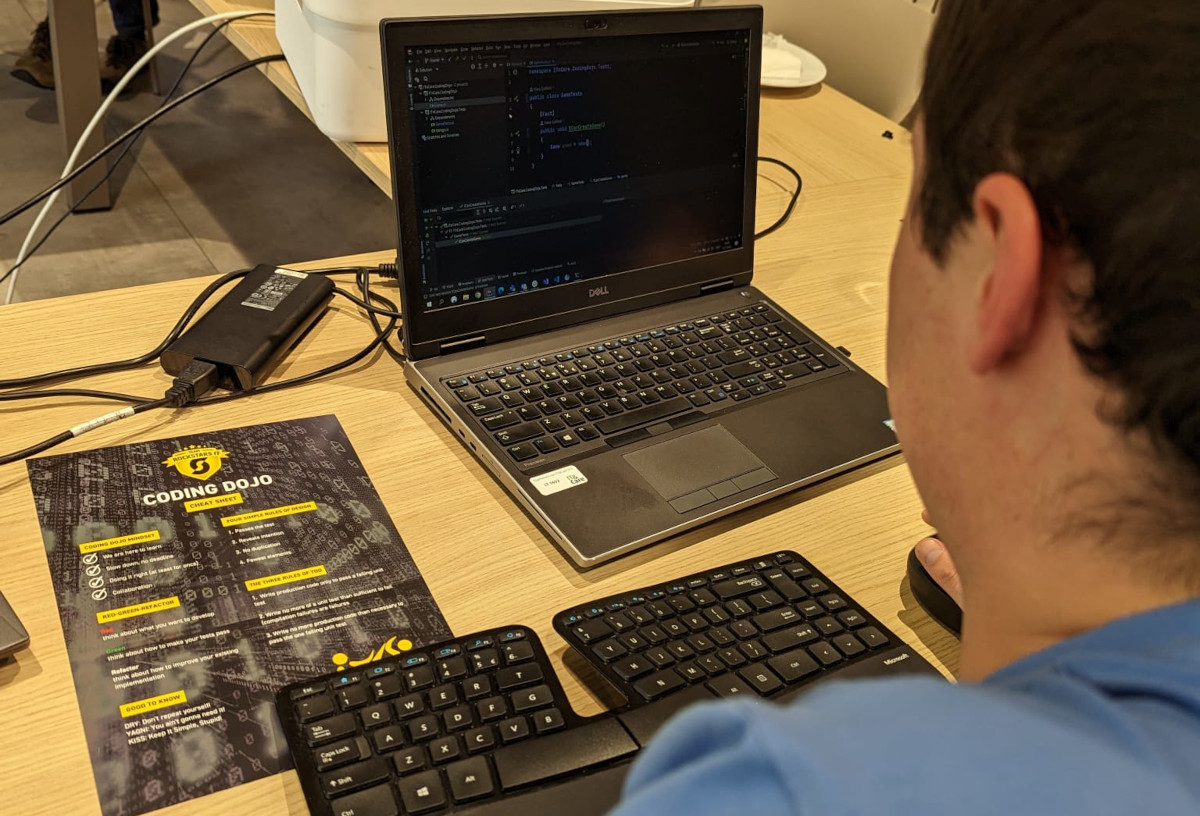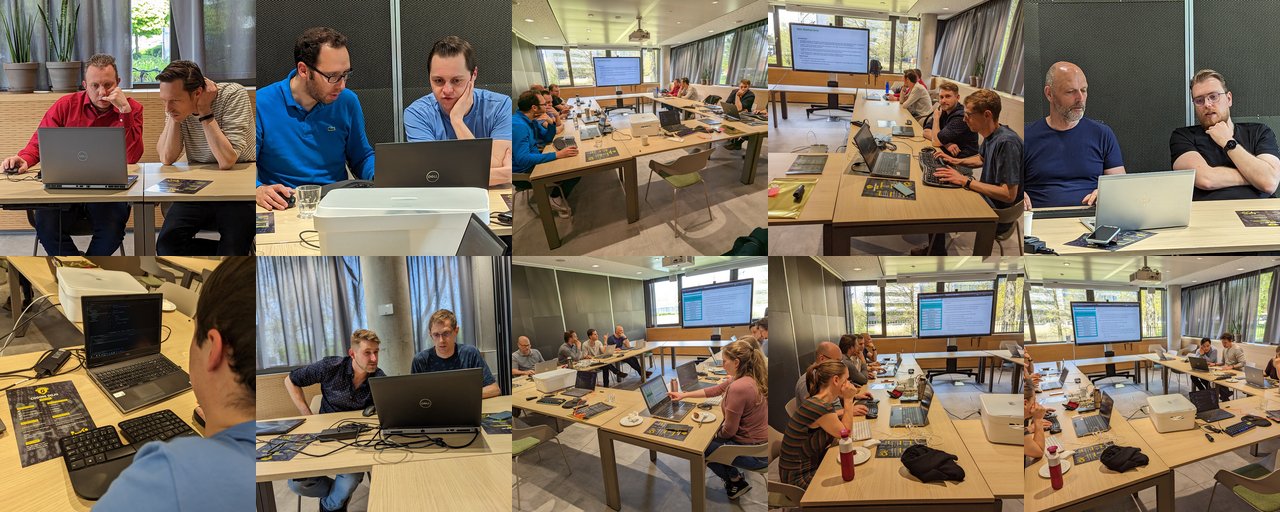Coding Dojo

A coding dojo is a collaborative learning and practice environment designed for software developers. It provides a platform for participants to enhance their coding techniques, problem-solving abilities, and teamwork skills.
The structure of a coding dojo is typically well-defined and guided by a moderator. Developers team up in pairs, with one assuming the role of the “driver” responsible for writing the code, while the other takes on the role of the “observer” who offers feedback and suggestions. Roles are regularly rotated to ensure active engagement and shared learning. The primary focus is on continuous learning and skill enhancement.
Coding dojos are particularly beneficial for learning and practicing specific subjects, such as:
-
Test Driven Development: Participants can explore and apply the principles of writing tests before developing code, promoting code quality, and enabling better software design.
-
Working with Legacy Code: Developers can gain hands-on experience in refactoring and improving existing codebases, understanding the challenges associated with legacy systems, and learning effective strategies for code maintenance.
-
Software Design: Coding dojos offer a practical setting for participants to delve into software design principles, architectural patterns, and best practices, enabling them to create more robust and maintainable code.
By actively participating in coding dojos, developers can deepen their understanding of these subjects, refine their skills, and broaden their knowledge base in a supportive and collaborative environment.
